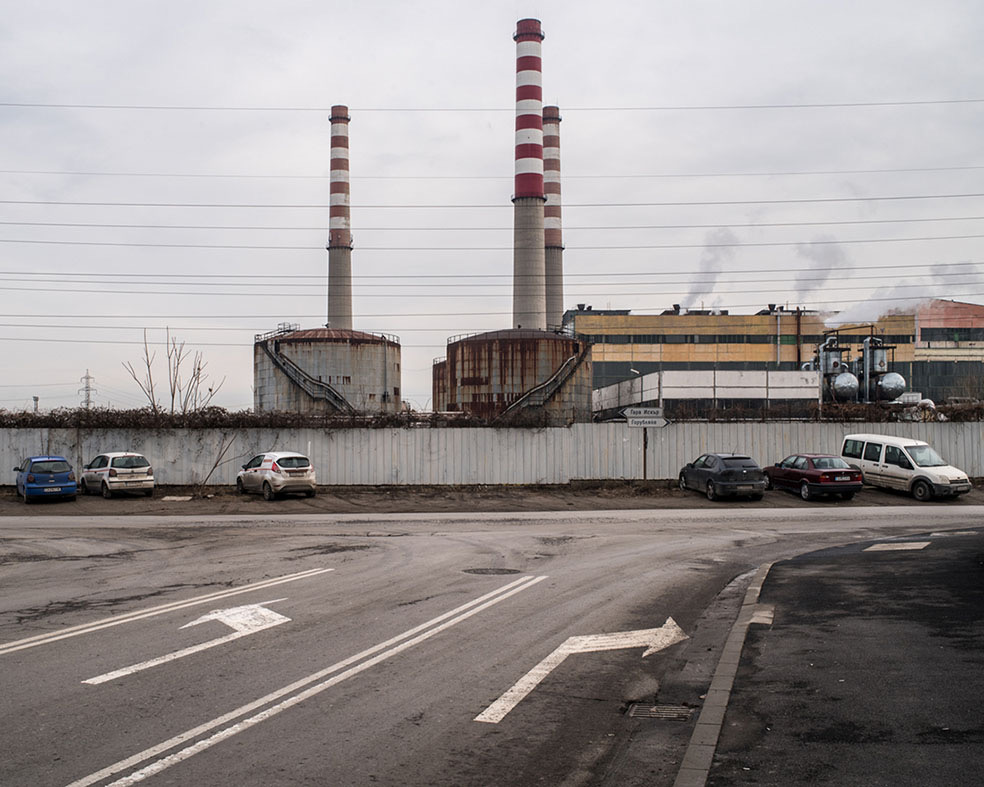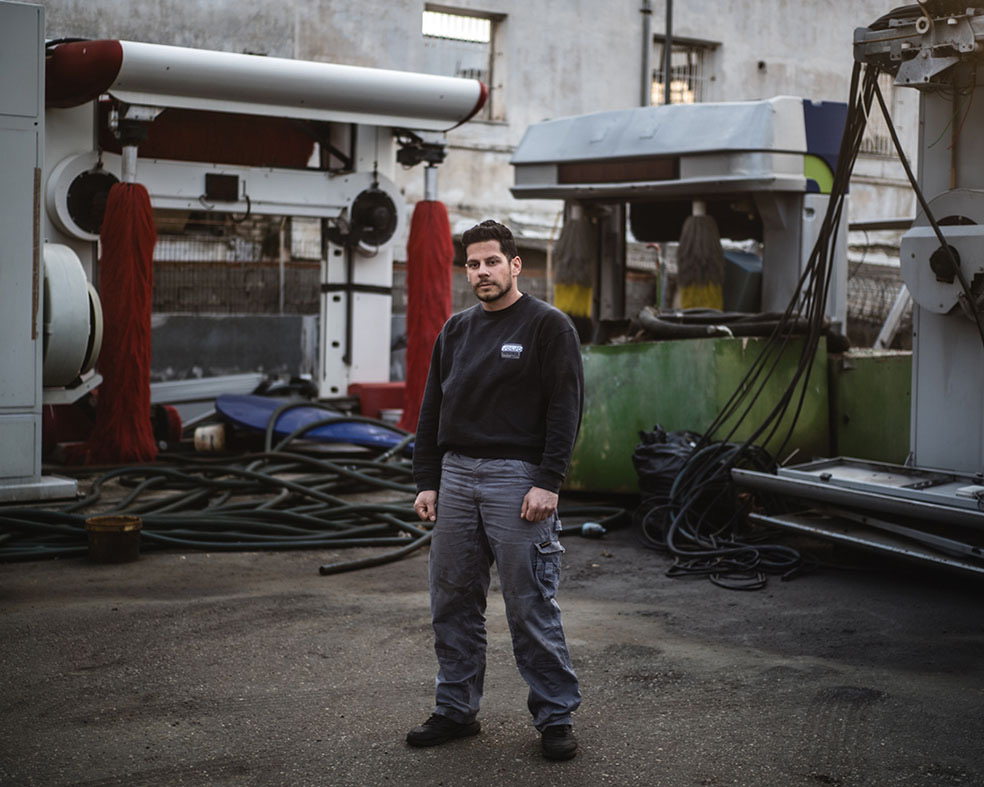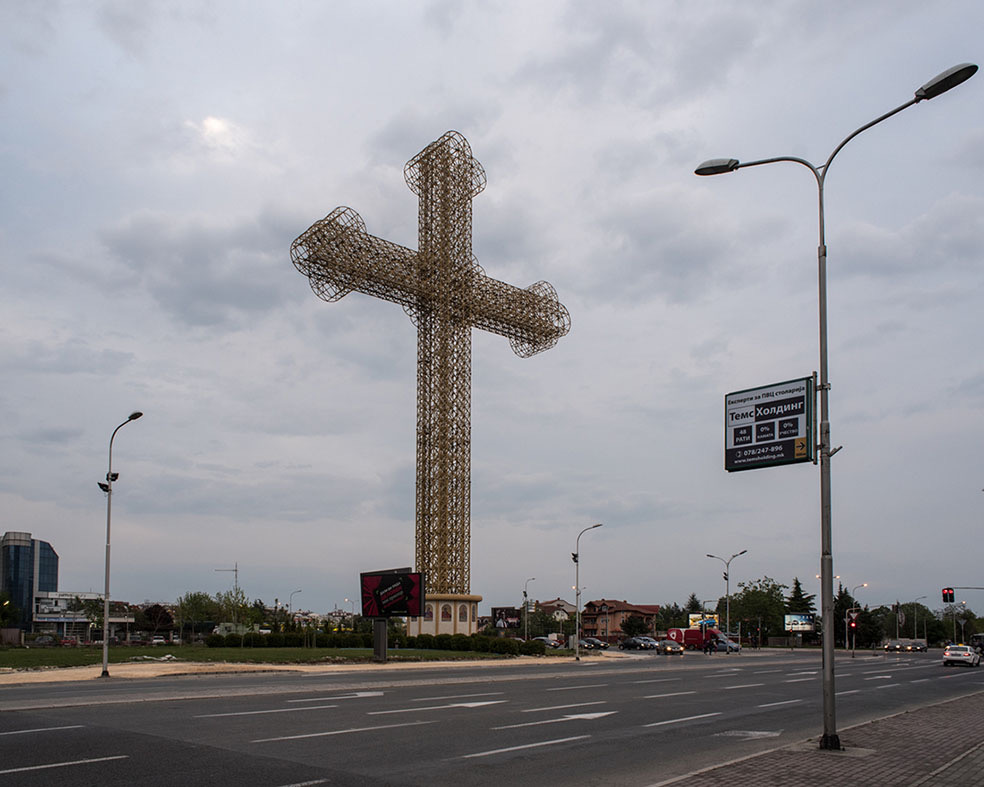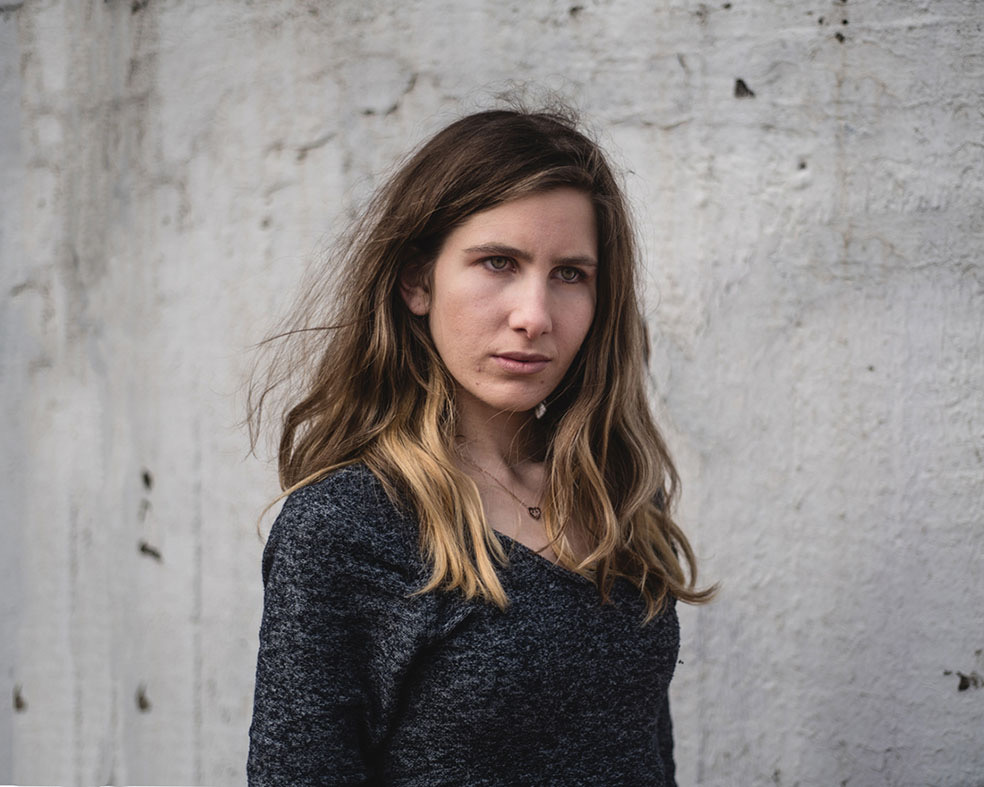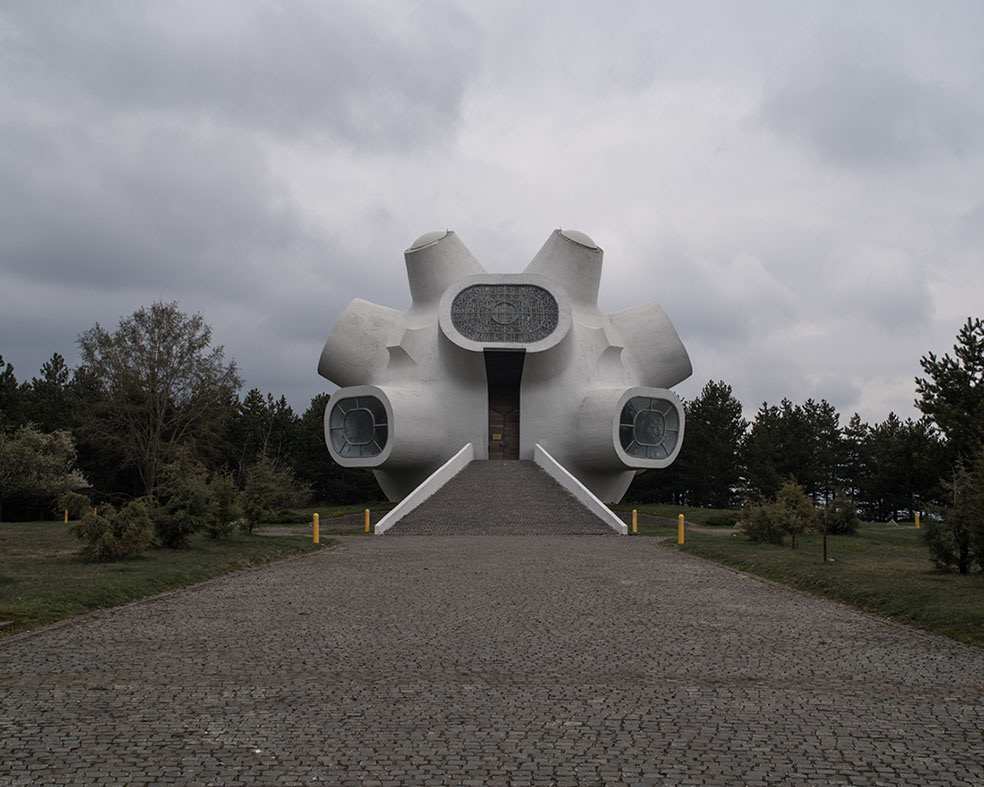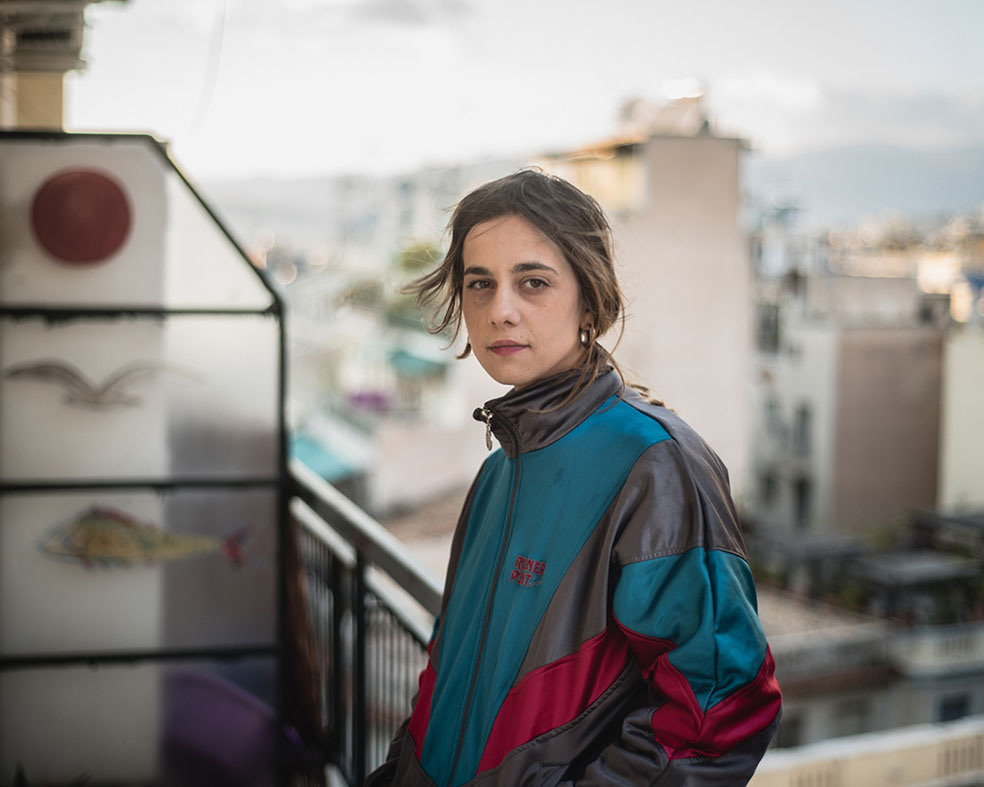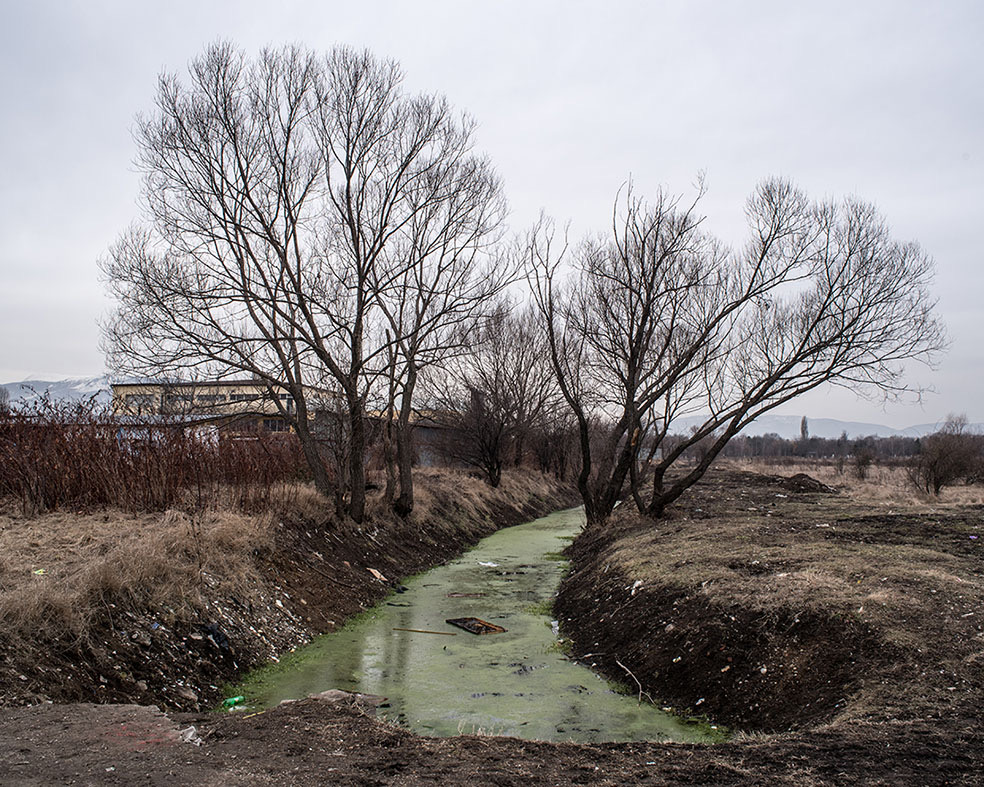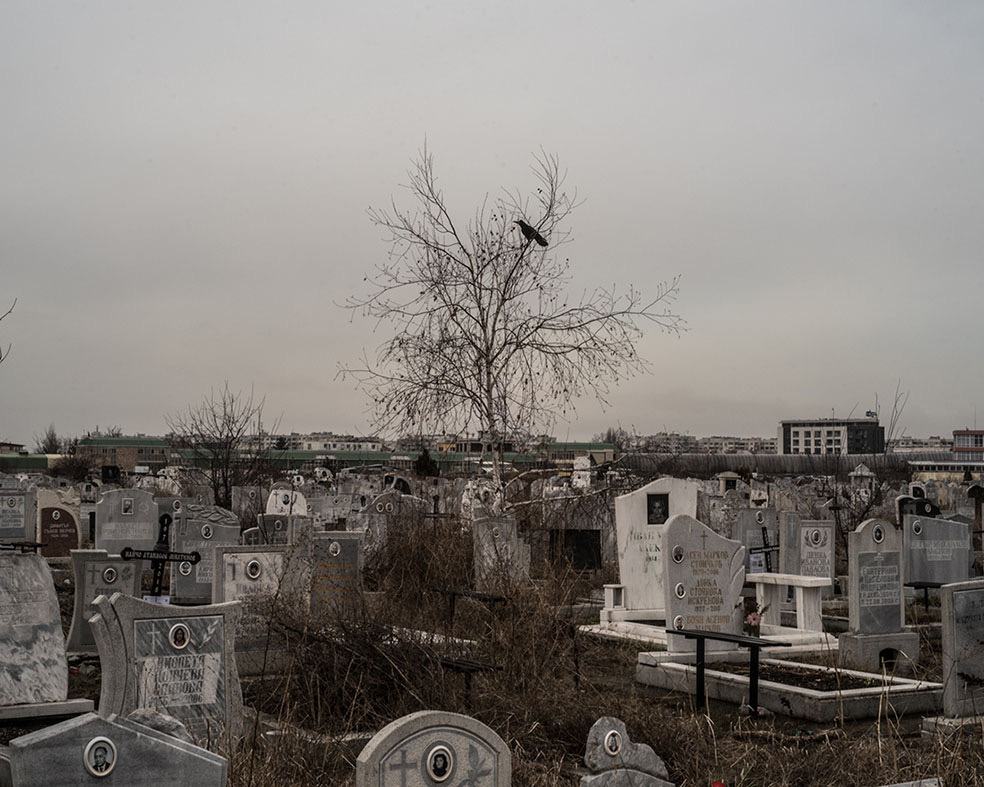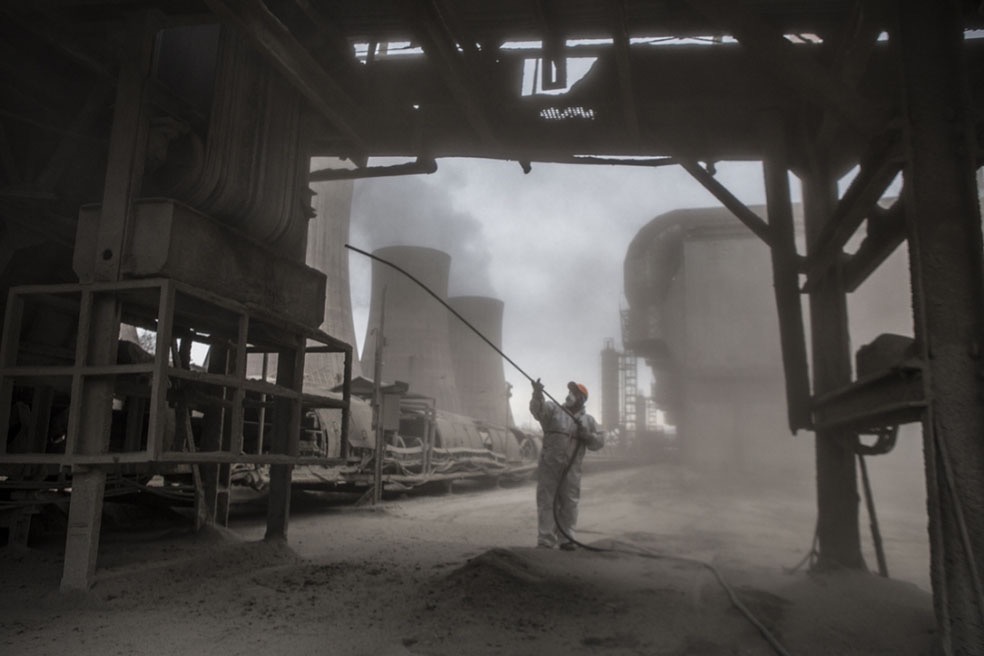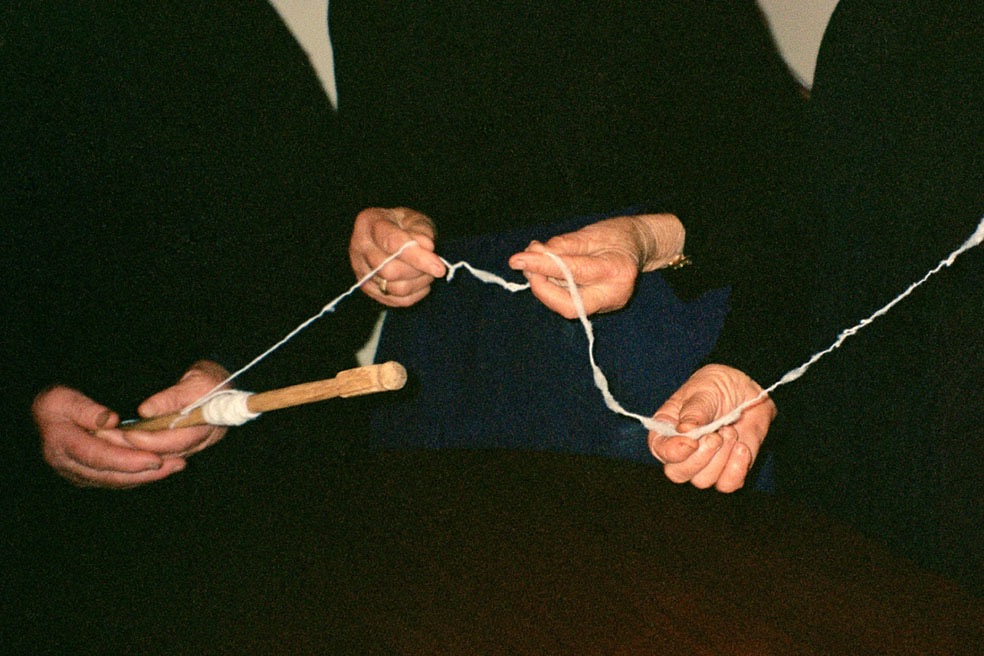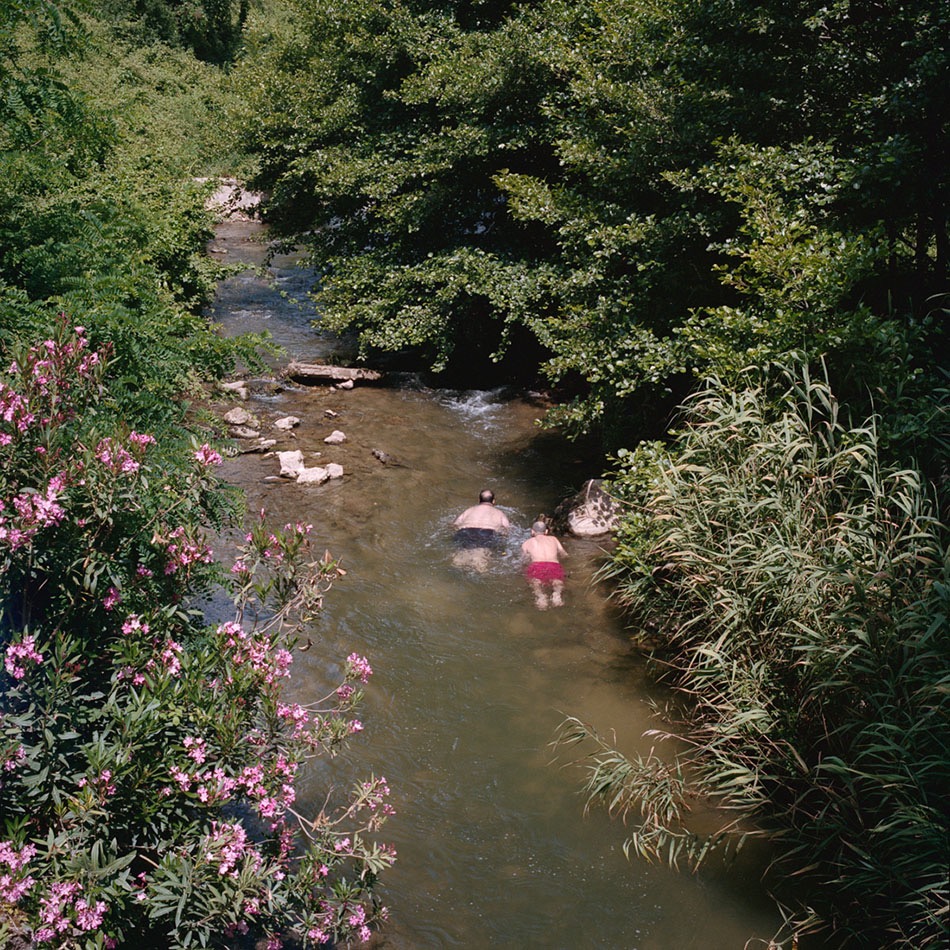South East of Eden is an ongoing project (2017-2020) that takes place so far in Greece, Albania, Bulgaria, Romania and Macedonia.
History of Balkans has been presented over the centuries as a history of violence and conflict. This stereotype, which has shaped the image of the Balkan people in the eyes of European public opinion, has contributed to the marginalization of the Balkan peninsula and its exclusion from what is considered “real Europe”. In addition, the stereotype has contributed to the way Europe perceives itself as capable of finding sensible solutions to conflicts, as opposed to the “warm-blood” Balkans that are worthy of commemoration only when it comes to war and violence. In this context, the Balkan states have shaped their historical and ethnic identity through the conflict with the neighbor, the other, the Balkan neighbor. On the other side, the image of Europe looks to most Balkan people as a modern Eden, considering it to be an ideal place to emigrate. In the above mentioned view of history, the main features of Balkans, such as the immediate proximity of different populations, the diversity and interaction of cultures, the similarities of traditions and customs, are lacking.
South east of Eden aims to highlight the modern Balkan landscape, as it has been shaped after the political and economic upheavals that followed the dissolution of the Soviet Union. Upheavals like ethnic conflicts, wars of independence and insurgencies fought in the former Yugoslavia from 1991 to 2001, which led to the breakup of the Yugoslav state. One of the main objectives is to highlight the interaction of the place with its inhabitants, often immigrants from one country of Southeast Europe to the other, and to present the image of the other/ neighbor as an image not so different from ourselves, after all.
Yiannis Antonopoulos is a documentary photographer based in Athens, Greece. He is the winner of the 1st Athens Photo World Award (2019).
